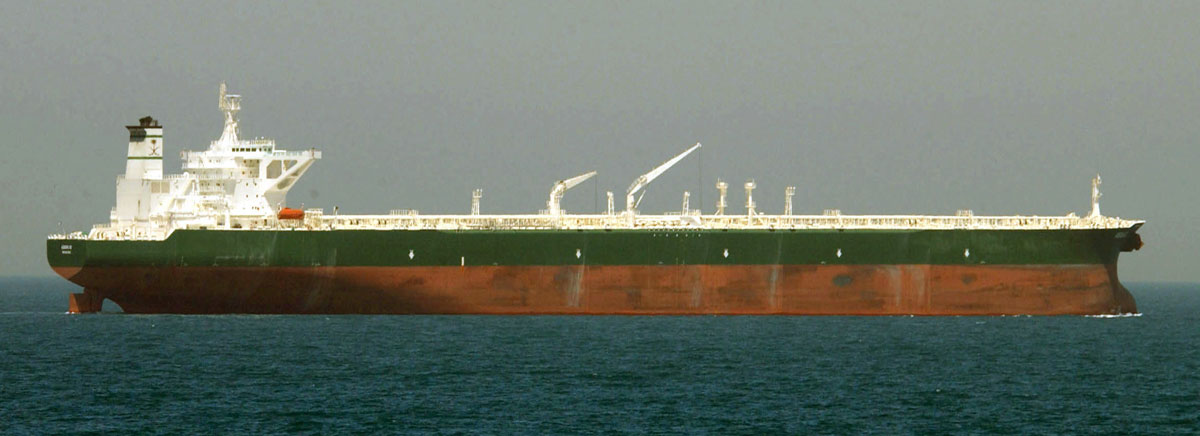When looking at current world oil prices, one has to ask – does the world not know there are several wars going on which should normally have a direct impact on oil markets?
The first is Russia’s expanded invasion of Ukraine, which took place just under two years ago. One of the world’s largest oil producers and exporters, Russia is still selling oil, although sanctions supposedly reduce the amount of blood money they can get for it. Because, God forbid, shutting down Russia’s exports through the Black Sea to cut off their revenue to finance this war would be a step to far. And it’s not like a NATO member controls the Turkish Straits or anything.
That oil is being transported largely on what is referred to as a “dark fleet” of shady, older tankers who, with a wink and a nod, will transport that Russian oil to markets who really don’t care where their oil comes from (India, here’s looking at you).
But to get there, they have to sail past Cyprus, with Syria not terribly far away. In Syria, Iranian-backed militias or whatever you want to call them just flew a drone into an American base just across the Jordanian border (did you know they had one there?), killing three American servicepeople and wounding dozens more. So the US in its righteous might is running a mini-campaign to bomb those involved back to the stone age, using B-1 bombers flying all the way from the Lower 48 to deliver the message.
And as those tankers near Port Said on the north end of the Suez Canal, they’re not too terribly far from Gaza, where Israel is pounding the snot out of Hamas for its brutal Oct. 7 attack into Israel.
Once through the canal, the tankers are running through the Red Sea, the south end of which is constrained by a strait known as the Bab-El Mandad, which literally means “Gate of Tears.” And the tears are flowing.
For months, Houthis in Yemen, in support of Hamas, have been flinging drones and missiles at anything that floats sailing by. At first, they said they were targeting anything even tenuously linked to Israeli ownership, but that weak excuse seems to have been shed, since it’s pretty unlikely Israel owns the US Navy destroyers that have been targeted. One of them was really, really close to being struck a few days ago except for its last ditch, it’s this or we die close-in weapons system (CIWS) shooting down the missile within a mile of hitting it. And as such, in recent weeks US aircraft and missiles have been pummeling Yemen, because hey, why not?
The UK is getting serious about deploying one of its aircraft carriers to the Red Sea, the first time to my knowledge one of their new carriers will sale into harms way into an active war zone. The Brits are already flying fighter bombers into Yemen from the afore-mentioned Cyprus.
All sorts of ships, from container carriers to tankers, are now sailing around Africa instead of taking the Bab-el Mandab-Suez route, adding weeks to their voyages, delaying cargoes but avoiding missiles. The impact on global shipping is growing by the day as this war in the chokepoint is choking off shipping.
But despite Iran being behind the Yemen Houthis, Palestinian Hamas and whatever they call themselves in Syria/Iraq/Jordan, the U.S. has not yet, and I stress yet, taken a direct shot at Iran. That could change any day or hour, but that would supposedly lead to a “wider war,” as if the ground assaults, missile attacks and air strikes in Israel, Gaza, Yemen, Jordan, Syria, Iraq, the Red Sea and Bab-el Mandab wasn’t either wide or a war.
So, despite all the above, OilPrice.com on Feb. 5 showed Brent Crude, the global benchmark for tanker-born oil, is just US$77.35 per barrel. West Texas Intermediate was US$72.14, and Western Canadian Select is US$53.57.
From all of this, one must conclude there is simply no more geopolitical risk factor in oil prices these days. War? Wars? What wars?
At this point, it looks like it would take the US pouring a hundred or so Tomahawk missiles into Iran’s Kharg Island, loading point for its oil tanker exports, before things get really hairy. That would almost certainly lead to Iran closing the Strait of Hormuz. That, in turn, would be sure to tick off the UAE, Saudi Arabia, and anyone else who can afford a few squadrons of F-15s, F-16s or F-18s in the region. And then our current proxy wars become a war-war, to borrow from Winston Churchill’s lexicon.
So how does one make sense of the low oil price compared to the escalating war risk?
You don’t. It makes no sense.
Brian Zinchuk is editor and owner of Pipeline Online and occasional contributor to the Frontier Centre for Public Policy. He can be reached at brian.zinchuk@pipelineonline.ca.



